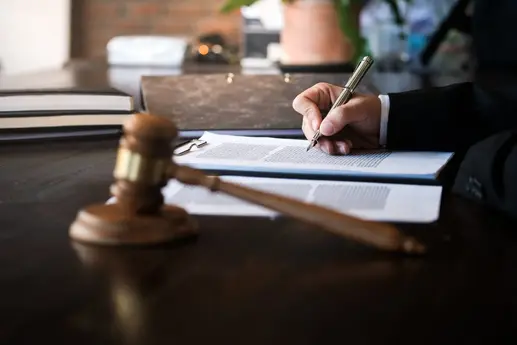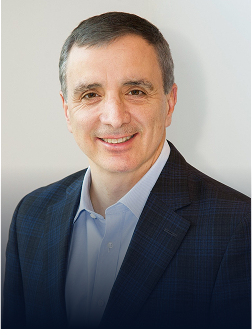 Leandra’s Law: One Year Later
Leandra’s Law: One Year Later
Chemical tests are part of nearly every stop for drunk driving or drugged driving in New York. If you are arrested for DWI or driving while ability impaired by alcohol or drugs, you will be asked to take a chemical test back at the police station or state police barracks. In some instances, you may be asked to go to a hospital and have blood drawn.Why do I have to submit to chemical test in the first place? The answer is the law says that you have impliedly consented to such a test just by driving a car (or any other motor vehicle) on a public road in New York. Vehicle & Traffic Law § 1194 “Any person who operates a motor vehicle in this state shall be deemed to have given consent to a chemical test of one or more of the following: breath, blood, urine, or saliva, for the purpose of determining the alcoholic and/or drug content of the blood…” Do I have a constitutional right to refuse such a test? In a word, NO. People v. Shaw, 72 N.Y.2d 1032 (1988) Do I have the right to refuse such a test?
You do have a qualified right to refuse following an arrest for drunk driving (or drugged driving), but there are significant consequences if you do so.
- It will result in the immediate suspension and ultimate revocation of the motorist’s driver’s license for one year (Vehicle and Traffic Law § 1194[2] [d] ) and
- will permit the Prosecutor to bring this fact out at trial (Vehicle & Traffic Law § 1194[2][f]) and
- result in substantial fines
- However, those consequences flow from a refusal only if the motorist is first warned, “in clear and unequivocal language, of the effect of such refusal” (id.).
So, are you permitted to speak with a lawyer before submitting to a breath, blood or urine test following an arrest? The answer is YES, but, The Court of Appeals answered this question in 1968 by stating that: “The police may not, without justification, prevent access between the criminal accused and his lawyer, available in person or by immediate telephone communication,if such access does not interfere unduly with the matter at hand” People v. Gursey, 22 N.Y.2d 224 (1968). There is a catch, though. If the lawyer is not present at the site or cannot be reached promptly by telephone or otherwise, the motorist can be asked to take the test without having had the advice of counsel. The police may be reasonable and give a person some time to reach an attorney (especially if the driver has been polite and not confrontational with the police) but they will not wait for an unreasonable period of time before asking to administer the test. An arrest for drinking and driving in New York has significant criminal, civil and monetary consequences.

